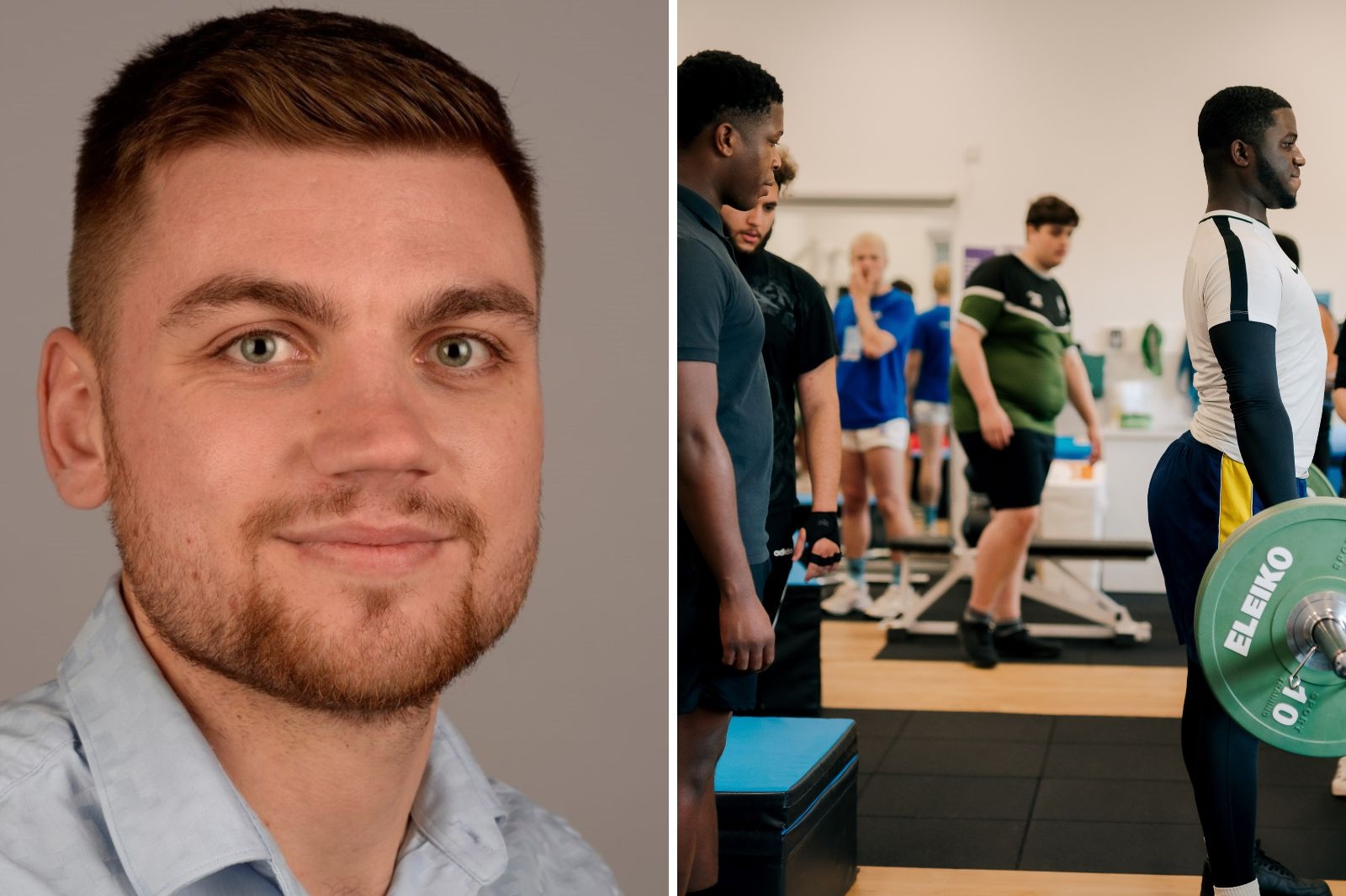New research to help strengthen our understanding of stroke recovery
Date 29.04.2024

Helping lighten the load so stroke patients get back on their feet forms new research from University of Northampton (UON).
A stroke is a serious life-threatening medical condition that happens when the blood supply to part of the brain is cut off.
The prevalence of strokes in the UK is expected to increase from 950,000 people in 2015 to 2.1 million in 2035, an increase of 120%. The cost associated with strokes in 2015 was £26 billion, which is expected to increase to £75 billion in 2035, an increase of 194%.
Physical rehabilitation work to help stroke patients return to ‘normal’ life usually focusing attention on the affected side of their body with muscle growing exercises.
Now, UON academics are investigating how stroke patients’ muscles on the affected side of their bodies improve, with no exercises, when a different muscle activity is used on the other side.
When we train our bodies – such as lifting weights at the gym – the other, untrained side benefits because of the cross-educational effect: the muscles not being trained adapt and show signs of improvements anyway.
With this, our muscles become stronger due to neurological adaptations although this phenomenon is usually observed in traditional resistance training (such as lifting and lowering a weight).
However, during eccentric muscle contractions when the muscles become longer this cross-educational effect is more pronounced. With this research, UON academics will focus on how this can help people who have suffered a stroke.
Brett Baxter, Lecturer in Sport & Exercise Science, is working on research with colleagues in Sport and Physiotherapy. He says: “Strokes can have a devastating impact on people’s health and wellbeing, compromising their quality of life and autonomy.
“Traditional stroke rehabilitation places, understandably, a focus on techniques on the affected side of the body. This can be gruelling and challenging, but what we’re exploring with this research is a novel approach that could have huge implications by changing the narrative of stroke rehabilitation efforts.”
The research will take place over the summer, starting with a briefing session for interested volunteers and to assess their eligibility to take part. If eligible, on the same day volunteers will perform the exercise so the team can check what is the right resistance for the exercise to hit the right intensity and assess their response.
Volunteers will be invited back at a later date for one more session to perform five sets of the exercise at the chosen intensity.
Brett concludes: “As people who have had a stroke are at an increased risk of another, we will perform the pilot tests under safe conditions to check participants’ health and the feasibility of the training by monitoring beat-to-beat heart rate and blood pressure and terminating the test if these raise to an excessively elevated level or upon the participant’s request”.
“We also want this research to be co-created with our volunteers so their thoughts on what we are doing will be crucial to taking the pilot forward. For anyone who wishes to take part in the briefing session and the later stages of the research, please email me for further details.”
Email for Brett is: brett.baxter@northampton.ac.uk